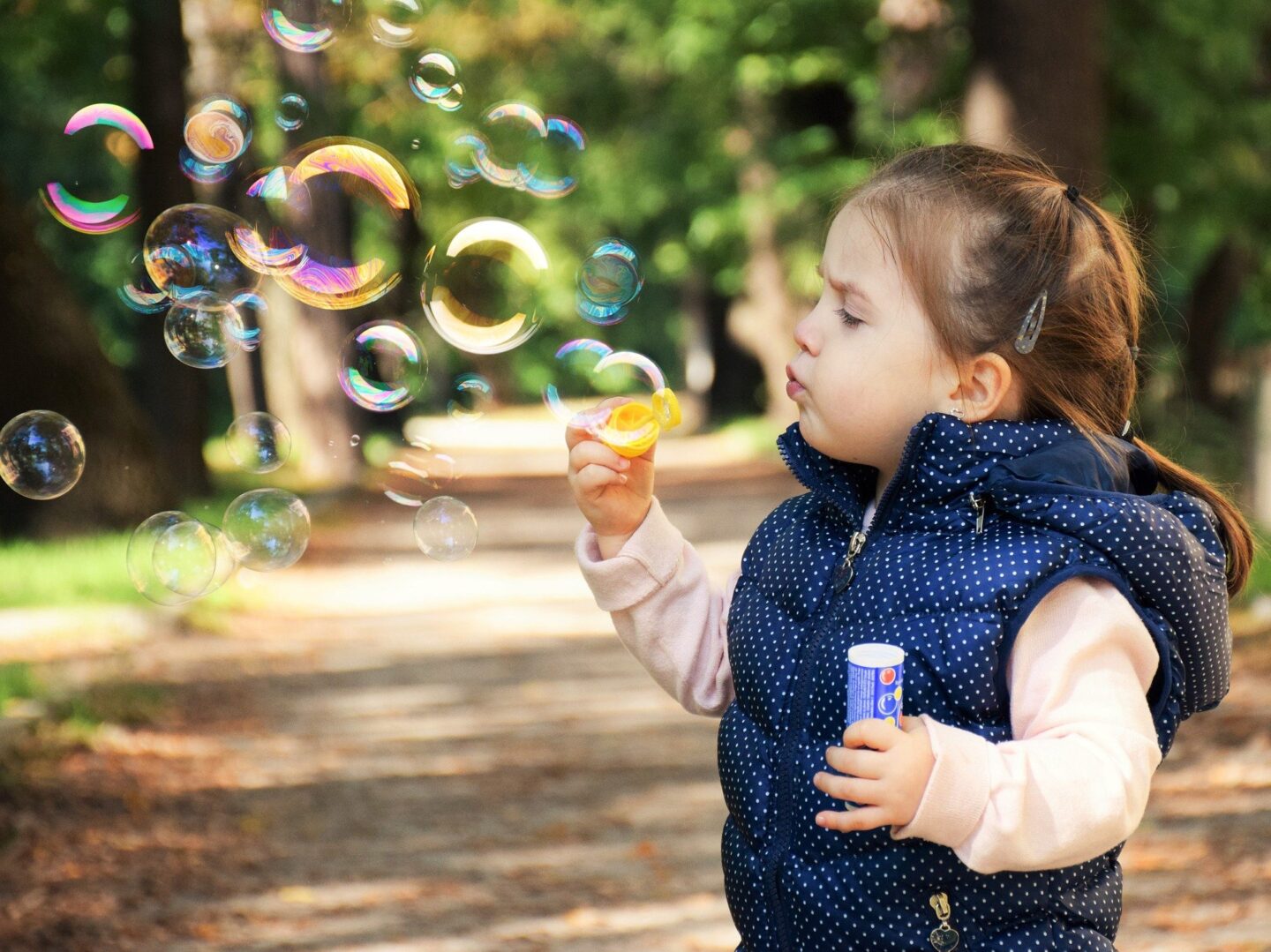Disclosure: This is a collaborative post.

No parent wants to see their child suffering, physically or mentally. They do everything in their power to protect their little bundles of joy so that they can live a happy and healthy life.
But did you check your children for allergies? According to a survey conducted by the Centers for Disease Control and Prevention (CDC), around 50 million Americans are suffering from allergies. Yes, you read that right. The number is that high.
Healthcare experts confirm that allergies usually show up during childhood or infancy. The worst part is that these allergies can ruin your little one’s sleeping and playing experience. They might also compel you to take some emergency trips to the medical rooms. You wouldn’t want that for your kids. Right?
But what exactly are allergies, and how do they take root in your child’s system?
Before we get to the types of allergies that could act as a resort for your child’s discomfort, there’s something you need to know. During an allergic reaction, the immune system kicks in. It works at its level best to defend itself against certain substances. These substances such as pollen, food items, dust, and pet hair are actually responsible for triggering uncomfortable reactions in your children. In simple terms, if your immune system is trying really hard to fight off such invaders, it’s going to act out.
So, here are some allergic reactions you need to watch out for in your children so that you can take some measures to cure them of the root.
- Skin Allergies
It is a well-known fact that the skin is the largest organ of the body. But what you might be missing is that your children’s skin might sometimes end up protesting allergens. That’s the reason why it is essential to check your little one’s skin for eczema. The symptoms are dryness, redness, and itchy scaly patches.
You also need to check for red welts on the skin. The only problem is that they vary in size. In fact, according to the American Academy of Dermatology, these welts can be as small as a dot or as large as a dinner plate.
- Respiratory reactions
Have you ever found your child breathing abnormally? If yes, then chances are that the allergens are affecting your children’s respiratory system. The symptoms are shortness of breath, rapid breathing, and sneezing.
In fact, if your children have a dry or hacking cough with clear mucus, there’s a good chance that they might be having a respiratory allergic reaction. Also, make sure that you observe your little ones while they are playing. If they get tired more quickly than other kids, it’s another sign of chronic allergies.
If you see any of the mentioned symptoms, make sure that you immediately get your child checked by a pediatrician.
What can you do about these allergies and reactions?
Now that you know what symptoms can affect your children’s health, it’s time you should know what you can do about it. Here are some precautions to take that can help your children steer clear of allergens.
- Watch out for problematic food items.
According to healthcare experts, 90% of allergic reactions are caused by eating the triggering food items. Some of these food items are eggs, nuts, seafood, soy, and wheat. In fact, many children can’t tolerate eating citrus fruits. So, you need to find out what food items cause allergic reactions and help your children stay away from them as much as possible.
You’ll be surprised to know those food allergies can even cause some deadly reactions. That’s exactly why parents must learn about recognizing an allergic reaction and the measures to calm down the symptoms. One of which is to consider self-diagnosing the allergic reaction by taking an at home allergy test for your kids. In this, you just need to take a finger stick test and mail your child’s blood sample. The specialists will get back to you as soon as possible and help in treating your little one’s allergic reactions.
- Keep your kids away from pets
Did you know that household pets can also contribute to triggering some allergic reactions? Yes, you read that right. Medical professionals confirm the fact that the presence of household pets, especially cats and dogs, might end up provoking allergic reactions in kids.
Not only this but even if you have shorthaired pets or those that don’t even shed can also cause deadly reactions. In fact, the reactions can also be caused by being around a pet’s dander or dead skin cells, urine, fur, and saliva. If you find your little ones sneezing, wheezing, or coughing while playing with a pet, then you need to get them tested for pet allergies as soon as possible.
- Don’t let your kids use malicious products.
One of the prominent reasons for your children’s skin allergies could be using unauthorized or expired skin products. You should know that your children’s skin is susceptible, and using chemical-based products on it can trigger pimples, rashes, and itching. Not all products are meant for your children’s skin. That’s why you need to be very discrete and careful about whatever you are putting on your little one’s delicate skin.
It is better to use organic and legit products instead of chemical ones to minimize the risk of allergic reactions. Also, the best way to test products for your children’s skin is to use them on a small patch of the skin instead of applying them all over. Keep your skincare and makeup products out of their reach to be on the safer side.
To sum it all up,
It is needless to say that parents want the best for their kids. And keeping their little ones healthy and happy has always been a priority. So, if you don’t want your kids to deal with any allergic reactions, watch out for the symptoms and don’t hesitate to take professional help. After all, it’s all about how healthy and safe you want to keep them.
